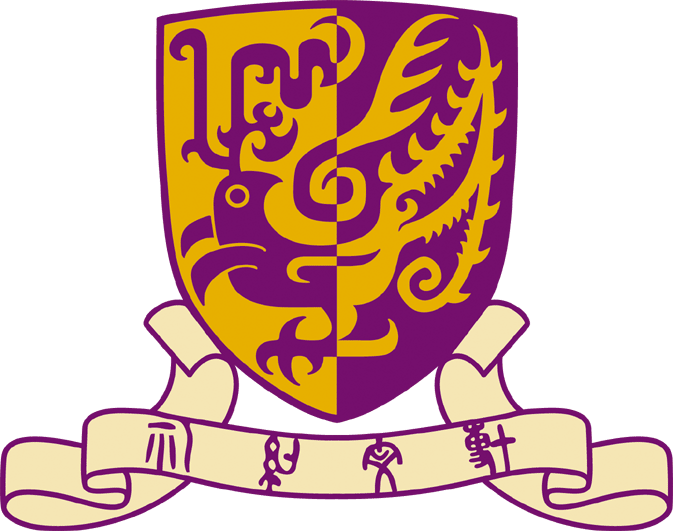| Educational qualification | B.A. in Anthropology, Tufts University, 2023 |
|---|---|
| Home town | Shenzhen, China |
| wujuliette2009@outlook.com |
Led by a curiosity about my upbringing as a Cantonese American who grew up in a coastal Chinese city, I am preoccupied by the ways in which transnational migration, language shift, and national language ideology intersect in sites of linguistic nexus, particularly in international schools. Drawing from my own experience, I recall how the non-profit, “charity” type U.S. international school in Asia is a witness to English-language education as it interacts with ethnolinguistic identity formation on the local level. In my research, I hope to uncover how this kind of international school privileges English as a global language, but that fails to enact an equalizing degree of American English acculturation on its student body, leaving individual students to “fend for themselves.” I am also invested in exploring who “third culture kids” that emerge from international schools become as they continue into adulthood and into the workforce.
We tend to understand that racial, ethnic, and national minorities in China acquire Mandarin as a second language and either self-sinicize or assimilate to a Mandarin-centric ideal for economic mobility and more advantageous social standing. Aided by more explicit Mandarin-Only educational policies, however, this rapid language shift occurs to the detriment of “non-Standard” topolects and their language statuses. Thus, an undercurrent in my writing has been an attentiveness to the manner of harm national language ideologies commit against minority languages.
In this vein, I have written about language assimilation policy as seen in the marginalization of Mongolian in Inner Mongolia, of Cantonese in Guangdong, and of Uchinaaguchi in Okinawa. I am an advocate for minority language revitalization and dedicate myself to uplifting language learning programs, documentation projects, community consultation workshops, and audiovisual media that aids in intergenerational language transmission. Minority languages are intangible cultural heritage, and I believe that anthropophagic policies threaten erasure of the indigenous knowledge embedded in these varieties.

